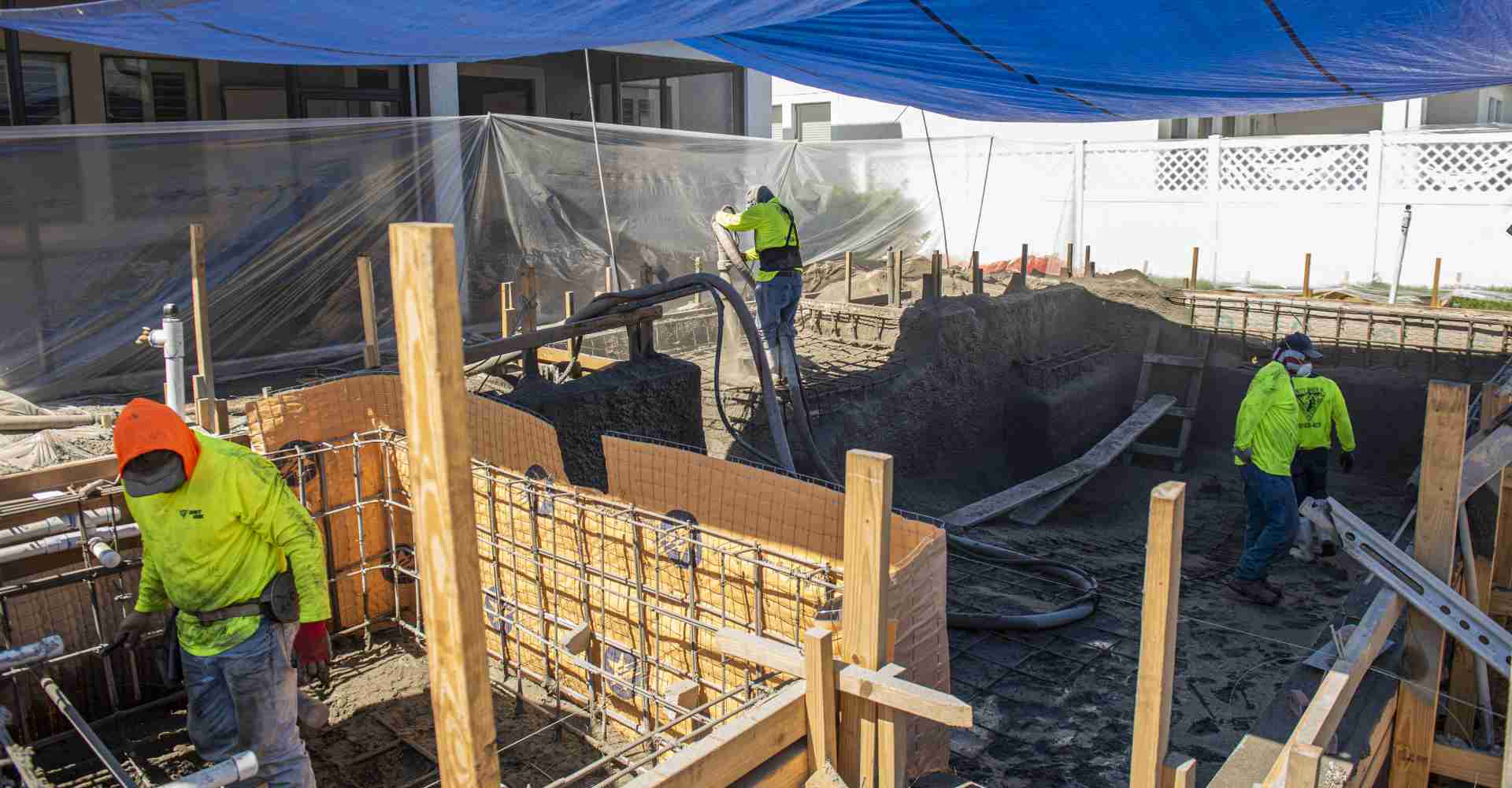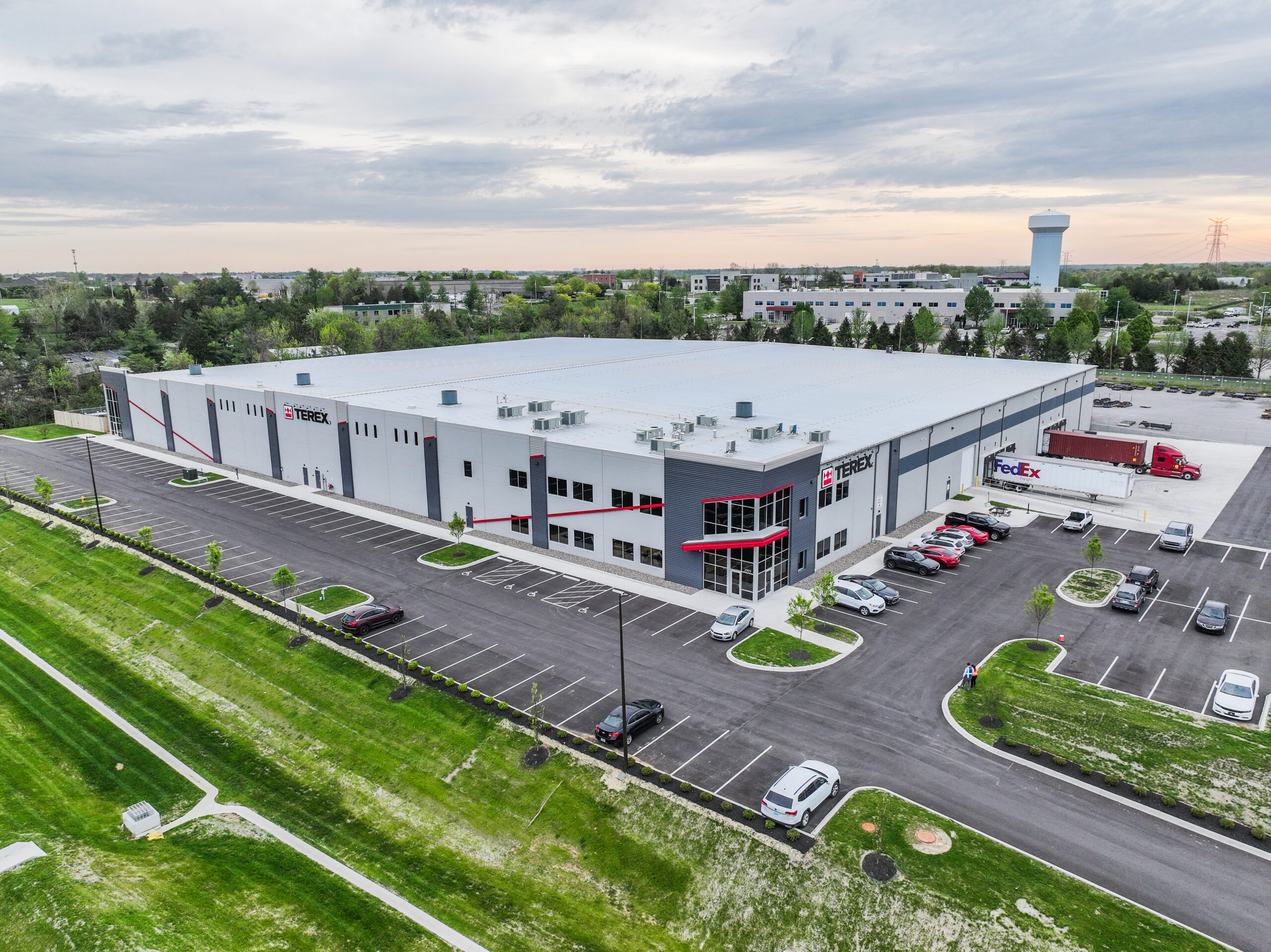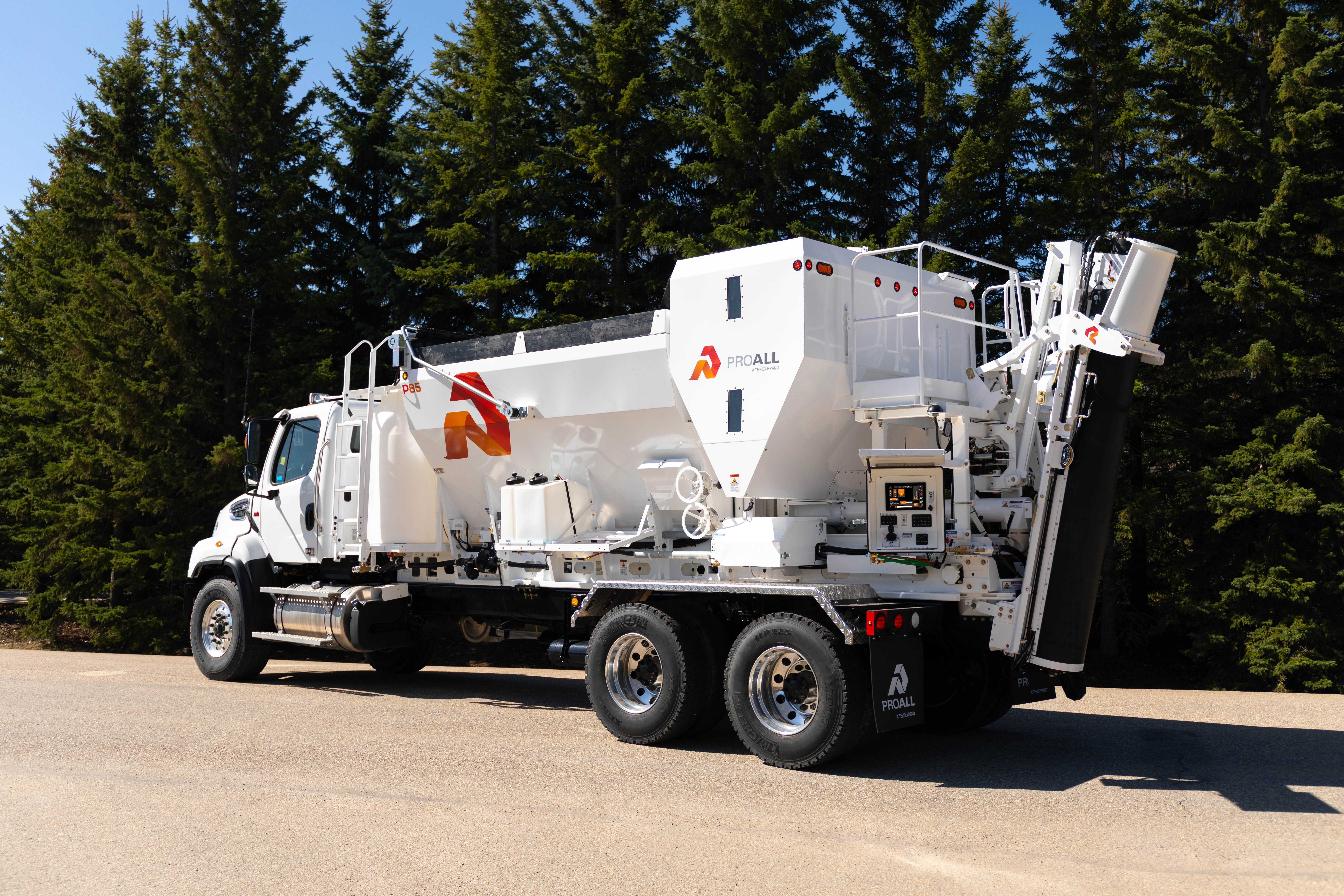
HOW DO YOU BUILD A GUNITE POOL?
WHAT IS A GUNITE POOL AND HOW DO YOU BUILD ONE?
If you are thinking of adding a swimming pool to your home (and you live in a warm climate), look no further than a gunite pool. This type of concrete pool is durable, versatile, and incredibly flexible in its design. You are not just building a swimming pool; you are ensuring years of family fun around your backyard.
WHAT IS GUNITE?
Like other types of concrete, gunite is made of sand, water, and cement. The differences lie in the way the material is applied. Traditional concrete is poured into wooden frames, section by section. Gunite is sprayed onto a rebar framework using a specialized spray gun.
It is a popular choice for hard-to-reach spaces. Contractors tend to choose gunite when they need to reach awkward spaces in tunnels, bridges, or train stations as well as swimming pools. Using a mobile concrete mixer in combination with gunite means you have the right amount of fresh concrete available whenever and wherever you need it.
HOW DO YOU BUILD A GUNITE POOL?
Start by choosing the best location for your pool. This step is crucial, and it is worth taking advice from an experienced contractor. Remember to consider any underground pipes but also large tree roots, all of which can cause problems and add to your bill later.
Once you have chosen the perfect spot for your swimming pool, your contractor will start excavating and then smoothing the dirt surface before adding in supports and the plumbing you need for the pool. Next is the steel rebar framework. If you have not yet been able to picture the final appearance of your pool, the rebar usually brings it to life. The frame covers the entire inside of the pool to create a base for the gunite. This is when your backyard starts transitioning from a construction site to the finished product.
At this stage, volumetric mixers come into their own. Installing pools in residential areas often means having to work within a limited space. ProAll Reimer mixers manufactures a gunite mixer called the G95 which is specifically designed to excel on pool building projects. Choosing the G95 will allow your business to track costs more efficiently and use pre-programmed mix designs to ensure that you maintain a high level of quality (and quantity) control. With the mixer in place, it is time to start applying the gunite to the steel frame.
If you happen to be visiting the site at this stage, you can see your gunite swimming pool take shape in front of your eyes. Once the entire frame has been covered in concrete, it is smoothed out before it dries.
FINISHING TOUCHES
Even once it has been smoothed, unfinished gunite can feel rough to the touch, so it is a good idea to finish it.
Plaster, tiles, and pebbles are great options for finishing a gunite pool. Plaster allows you to add your color of choice to the pool surface. You can use tiles and pebbles to cover the entire pool or to create eye-catching features. Glass tiles create a high-end look, immediately adding to the value of your home.
When you are designing your dream swimming pool, remember to consider decorative edges. They are not just there to complete the look of your pool, but also to prevent water from splashing out. Depending on the size of the area, a pool deck or patio with space for sun loungers may be a good choice.
ADVANTAGES OF GUNITE POOLS
Gunite is only one suitable material for building a swimming pool, alongside vinyl or fiberglass. Compared to its competitors, gunite has several advantages.
FLEXIBILITY
Because the rebar frame is built to fit your landscape, there is no limit to customization. Your gunite pool can be built in virtually any shape or size. Depending on the design, there is no need to change your landscaping as long as you design your pool to fit in with the existing space.
EASE OF CONSTRUCTION
Compared to traditional concrete pools, gunite pools are easier and faster to build. In most circumstances, mobile concrete mixers allow you to have enough concrete available for the entire job as long as there is a constant supply of raw materials.
But if you are building a large structure, it may take weeks to finish all the gunite work. This is where this type of concrete works better than any other. Because gunite is sprayed at such a high speed and with great force, it automatically forms a new bond with the existing structure. There are no cold joints, just an even finish.
Gunite pools are built on-site, which makes construction easier than fiberglass pools.
BUILT TO LAST
Gunite pools are built to last a lifetime with the right maintenance. At this time, they tend to beat other types of pools when it comes to warranties. This is an important point to consider when you are comparing prices. They will not lose their shape like vinyl pools can and tend to age better.
GUNITE SWIMMING POOL MAINTENANCE
To keep them looking their best, gunite pools, like all other swimming pools, require a bit of maintenance.
Gunite is a porous material, which can be prone to algae growth. Regular cleaning and maintenance can prevent most of that as long as you are using high-quality chemicals and maintaining your filtration. However, remember gunite pools have a longer lifespan than their counterparts, leaving you and your loved ones to make memories instead of worrying about constant maintenance and rebuilds.
THE NEXT STEP
If you are dreaming of upgrading your backyard with a swimming pool or a spa in time for summer, a gunite structure is an excellent choice. You can design your pool to fit your space and personalize it by adding features like bar stools or a pool deck.
Using a volumetric concrete mixer makes the construction part easier for your contractor and ensures there is enough material to finish your dream pool in the shortest possible time.


